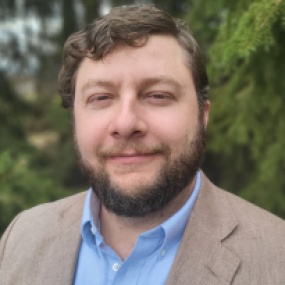BIOMI 2900 General Microbiology Lectures
Course description
Comprehensive overview of the biology of microorganisms, with emphasis on bacteria. Topics include microbial cell structure and function, physiology, metabolism, genetics, diversity, and ecology. Also covers applied aspects of microbiology such as biotechnology, the role of microorganisms in environmental processes, and medical microbiology.
Outcome 1: Explain the defining characteristics of the major groups of microorganisms and viruses, and their functional roles in human and environmental systems.
Outcome 2: Explain core concepts relating to microbial cell structure and function, microbial growth and physiology, and microbial evolution and systematics.
Outcome 3: Explain microbial transformations of energy and matter as they relate to microbial growth and biogeochemical processes.
Outcome 4: Explain how microbes manage genetic information, its expression, storage, exchange, and evolution.
Outcome 5: Explain how microbial adaptations facilitate their function in diverse habitats including human hosts.
Outcome 6: Apply microbiological principles and models in a scientific framework to analyze and solve diverse biological problems that relate to human health and the environment.
Outcome 7: Critically evaluate information about microbiology from various sources.
The four-credit option not available during Summer Session.
Prerequisites
one semester of introductory biology (or AP biology) and one semester of chemistry, (or AP Chemistry).
Precollege students should have taken a college course in general biology and in introductory chemistry before taking this course. Advanced-placement biology and chemistry may be substituted with permission of the instructor.
Summer 2024: Online course

| Section ID: | BIOMI 2900 001-LEC |
| Number: | 1021 |
| Session: | Summer 6-week |
| Class dates: | June 24-August 2, 2024 |
| Final exam/project due: | Tuesday August 06, 8:30 AM - 11 AM / Online (see Final exams) |
| Time / room: | M-F 10 AM - 11:15 AM / Online |
| Mode of instruction: | Online (sync) |
| Credit: | 3 |
| Grade: | Graded only |
| Instructor: | Wendel, B. (bmw233) |
| Max. enroll: | 20 |
| Eligibility: |
Rising Seniors See Eligibility. |
| To enroll: | See Dates & Deadlines. See Online Learning FAQs. This course is open to all registrants, including undergraduates and precollege students. |
| Tuition & fees: | See Tuition for Online Courses |


